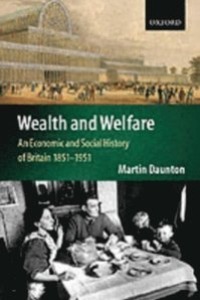
Liknande böcker
Paradise Lost : Rural Idyll and Social Change Since 1800
Bok av Burchardt Jeremy Burchardt
The British countryside is in crisis: tensions have never been greater between town and country; between the conflicting needs of farming and the environment; and between a government seen as anti-countryside and the disillusioned majority that inhabit it. But how has the land, so fundamental to the fabric of British life, become such a charged issue? This sweeping history of the British countryside since the industrial revolution provides an answer by viewing it not simply as a tool of the farming industry (which previous histories have tended towards) but rather as an object of consumption in its own right, a well of nature and beauty enjoyed by a population increasingly in search of leisure and inspiration, relaxation and entertainment. But, as an antidote to the harshness of an urbanised world, the countryside has itself come increasingly under pressure from that very world not least because of the fraught relationship between the radically different interests of agriculture and the environment. As mass mobility since World War II has seen ever-growing numbers in pursuit of leisure in the environment, Paradise Lost asks whether the idyll that they seek is in fact an artificial confection a myth created by writers like Thomas Hardy, DH Lawrence and EM Forster and reinforced by bodies that aim to promote the land, including The National Trust and the Council for the Preservation of Rural England and groups seeking to promote animal welfare, food safety and an end to rural degradation.The 'Town versus Countryside' debate has never been more urgent or more highly-charged and it lies at the root of modern British political, economic, social, and cultural life. Jeremy Burchardt here provides a significant contribution to that debate and demonstrates that we cannot hope to understand or address it without an appreciation of how our own attitudes to the countryside have developed and altered over the last two hundred years.







